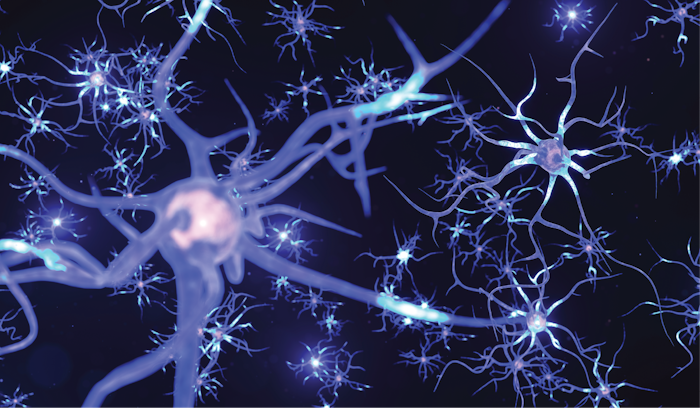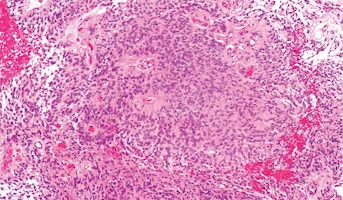The Role of Genetic Factors in Ependymoma Susceptibility
Email Principal Investigator

Maral Adel Fahmideh
CBTN Data
CBTN Specimen
CBTN Participants
Backer
Research Training Award for Cancer Prevention Post-Graduate Training Program in Integrative Epidemiology from the Cancer Prevention and Research Institute of Texas
About this
Project
Brain tumors are rare and when combined with other nervous system tumors account for ~ 2% of all cancers; however, they are the second most common type of pediatric cancer and the leading cause of childhood cancer-related mortality. The etiology and molecular features of most pediatric brain tumors is poorly understood. Exposure to ionizing radiation and several inherited disorders are the only established risk factors for brain tumors, and these factors contribute to only a small proportion of cases. Thus, it has been suggested that brain tumorigenesis results from complex interactions between genetic and epigenetic variations in concert with exposure to environmental factors.
Despite the extensive research, a small proportion of genetic variants contributing to the genetic architecture of brain tumors are detected. To date, the published genome-wide association studies (GWAS) on adult brain tumors have been largely conducted on pooled histological subtypes of glioma. However, recently it has been shown that of the currently identified variants, eleven single nucleotide polymorphisms (SNPs) were significantly associated with glioblastoma while eighteen SNPs showed significant associations with non-glioblastoma glioma . In addition, the role of genetic variation in pediatric brain tumor etiology is largely unknown. Currently, there are no published GWAS on pediatric brain tumors. Given the importance of identifying validated genetic associations for a better understanding of pediatric brain tumorigenesis, conducting GWAS is necessary and this topic merits further research.
The purpose of the project is to identify genetic variants of importance for pediatric brain tumor etiology and to investigate the potential similarities in etiological pathways between adult and pediatric brain tumors.
Ask The
Scientists
What are the goals of this project?
By conducting the first GWAS on ependymoma, we aim to compare the genetic risk factors and the heritability of risk variants between adult and pediatric ependymoma. In the case of obtaining adequately large sample size, sex-specific and race-specific analyses will also be performed.
What is the impact of this project?
By considering the limited knowledge available on the genetic architecture of pediatric brain tumor subtypes, the proposed histology-specific GWAS will provide essential new knowledge of variants contributing to the genetic architecture of pediatric brain tumors and thus leads to a better understanding of the etiology of brain tumors. The study is supposed to be a large collaborative study including centers in National Institutes of Health, Karolinska Institutet, and Duke University Medical Centre. Therefore, this study, in a unique way, will contribute knowledge that may lead to refined brain tumor prediction and prevention.
Why is the CBTN request important to this project?
An adequately powered study setting is important for the proposed GWAS to identify novel validated germline variants associated with ependymoma. Given the rarity of pediatric brain tumors, especially when the study is focused on a specific histological subtype, obtaining a large sample size is not easy. Our proposed study is a large collaborative study including more than 1500 ependymoma samples. However, to obtain an adequate power for performing the GWAS, we are applying for the available specimen and data for ependymoma at CBTN. All the data generated from subjects of the CBTN will be pooled with other available data at Baylor College of Medicine, as well as, the data available from other research centers involved in this study, to achieve an adequately powered GWAS.
Specimen Data
The Children's Brain Tumor Network contributed to this project by providing germline DNA samples and access to the Pediatric Brain Tumor Atlas.
Meet The
Team
Michael Scheurer, Baylor College of Medicine
Lisa Mirabello, National Cancer Institute
Terri Armstrong, National Cancer Institute
Monica Nister, Karolinska Institutet
Kyle Walsh, Duke








